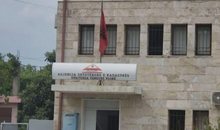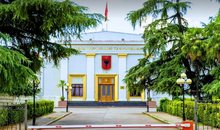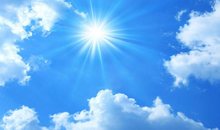
 Flash News
Flash News
NAME/ The assets of the businessman in Gjirokastra are seized! How Berisha denounced him in 2019
Hostage taking in Tirana, 40-year-old man forcibly taken into car
Car catches fire in Tirana
SPAK announces the claim for "Sterilization", seeks 10-year sentences for Klodian Rjepaj and Ilir Rrapaj
Gunfight at the Institute, 7 people involved, one of them arrested
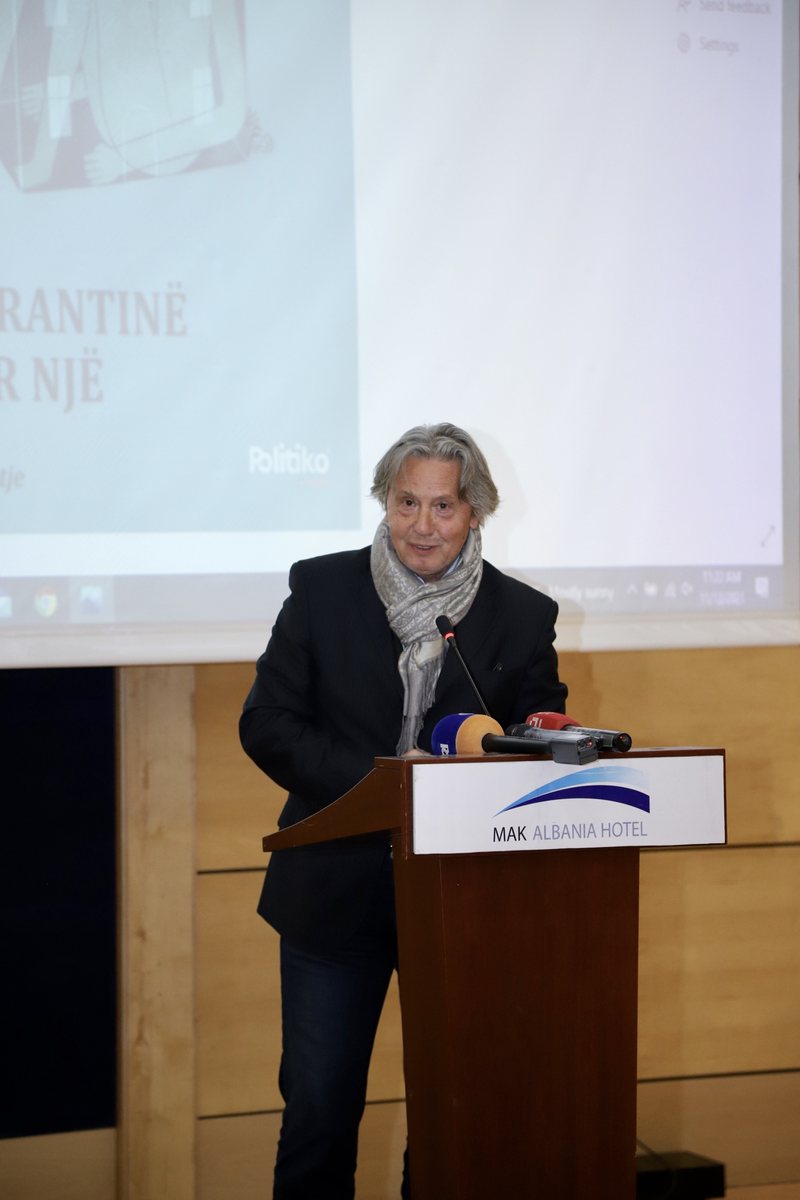
Virgjil Muçi
Somewhere Plato has stated that it is not the author who selects his book, but it is the latter, that is, the book that, thanks to a mysterious and logically inexplicable mechanism, goes and finds the author. This Platonic sentence, I think, goes well after Alfred Lela's stature and his latest journalistic essay, which bears the eloquent title "Quarantine for one". The paradox is that, because literary critics are by no means able to explain how much conjecture they raise, in the history of letters we have a host of examples that prove that some of the works written in times of dictatorships and hermetic closures when the individual is deprived of physical freedom and to that which remains only the spiritual one, writers have produced accomplished works, ashes that leave traces in the collective consciousness and are remembered for a long time.
The book comes as an intimate as well as a universal narrative against the backdrop of two great tragedies for the author. Intimate because it relates to the severe illness of the most beloved man, his mother, and universal because it describes the tragedy of Covid-19 (ironically the author compares this creepy name with that of a play station game), the tragedy that has affected all of humanity. In the ongoing reading of this special book for the Albanian book library, both the first - the intimate - and the second - the universal - come and melt into a single and inseparable pain, making it even more tangible and close to the reader, as it can seldom seem in our temporary existence of this world, when great conflicts are experienced, such as wars,
The book is built in two parts: the first part contains a 14-day diary, while the second is entitled Meditation and summarizes a cycle of writings that permeates as a leitmotif the atmosphere created by the coronavirus. The diary goes on and on on the 14th Day, as a quarantine ends and the event continues with the author leaving Italy, the place where he is due to his mother's illness and her hospitalization in northern Italy, and the journey with Air Albania towards that place that we Albanians call Albania, to raise the bar of Albanian Reflections. At this point the naive reader - readers are generally naive because they believe everything the author says, whoever they are - can create the illusion or falsity, as the author likes to put it - that upon arrival in the homeland you escaped the plague of the coronavirus - for the sake of truth, heavier than what inspired Camus to write his famous book -, thanks to the popular tradition of garlic and brandy the cauldron, but also the vaccines against TB with which communism did not require us to immunize Albanians as a rarity on the planet. But by flipping through Lela's Reflections one by one, you as a reader realize that all of this is just a fad, like so much in this blessed place.
With a few quick brushstrokes with a safe hand thanks to the observant sharpness of the experienced journalist's eye, Lela gives us the complexity of life in the cities of Northern Italy, where he is meanwhile at the height of the pandemic, though the same surreal landscape prevails everywhere in Europe. And here you have no way to disagree with the author when he says: "Overnight the European Union has become the Union of Quarantine". On observation and then during the writing process, it seems clear that the author is clinging to the clothes of a journalist and even more so that of a chronicler. Then he moves without being forced to another register, that of the writer and through reflections and literary tropes, quite found I have to say not without a dose of envy, as well as the irony of humor stronger than Albanian, the writer penetrates and goes beyond the facade, beyond the wall of silence to explore what is inherent, what happens to people locked behind the doors of apartments (or should not be said, behind the doors of fear ?!), who is going to be their destiny and what awaits them in the future, a time dimension is already forgotten, given that for the moment only the present matters, the survivors. In this Dantesque scenario that surrounds the author in Above Hell, the author's eye does not escape the presence of Russian military trucks. The "liberation" boot of the Russian soldier who did not invade Italy at the end of World War II, now arrives in Dante's homeland with a humanitarian mission, an EU member state that resembles the beginnings and abandoned by the allies in this woe, offering us a Lectio magistralis in geopolitics; geopolitics will not know from the pandemic,
Although written in monstrous times, when Death seems to have turned Life upside down and the latter without the help of men has lost its compass and blindfolds like an incestuous and murderous Oedipus, this book is a hymn to love; in the first place for the love of the dearest man, the Mother, the creator of life, but also the love for Humanity along with its pros and cons, defects and injustices. But, after all, are not all these flaws pushing us towards self-perfection in our unstoppable quest to equal our Gods, both those on Earth and in Heaven?
Latest news

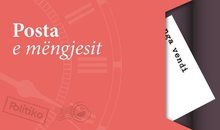
Posta e mëngjesit/ Me 2 rreshta: Çfarë pati rëndësi dje në Shqipëri
2025-06-26 07:45:04
CIA chief: Iran's nuclear facilities 'severely damaged' by recent attacks.
2025-06-25 22:53:09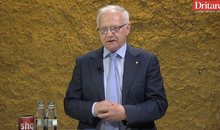
NATO spending to increase by 5%, diplomat: Aims to pull economies out of crisis
2025-06-25 22:32:28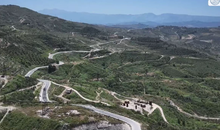

Djegia nga dielli, ja disa mënyra si ta trajotni në kushte shtëpie
2025-06-25 21:56:19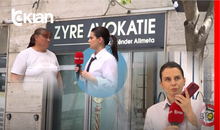
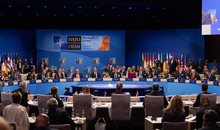
Rama: NATO Summit in 2027 will be held in Tirana
2025-06-25 21:36:35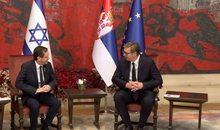
What is known about the weapons that Serbia has banned from exporting to Israel?
2025-06-25 21:23:19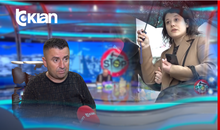


The new war front? Not in the Middle East, but in SPAK!
2025-06-25 20:40:02
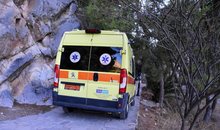
Gjendet e vdekur 56-vjeçarja shqiptare në Greqi! Nënë e 3 fëmijëve
2025-06-25 20:21:03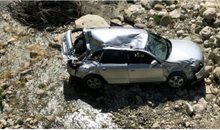
PHOTO/ Car falls off bridge on Peqin-Elbasan axis
2025-06-25 20:11:16

Trump at NATO summit: In recent weeks we have dealt with Kosovo and Serbia
2025-06-25 19:47:10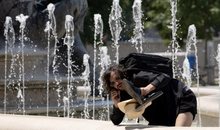


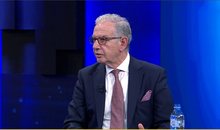
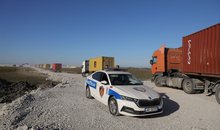

Trump: US to meet with Iran next week, but nuclear deal not necessary
2025-06-25 18:15:22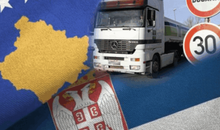


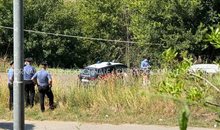
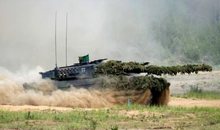
NATO's defense plan, what will change for Albania?
2025-06-25 16:42:07
Bayern loans Albanian talent to German team
2025-06-25 16:32:00
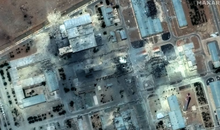
Kremlin: US and Iran disagree on damage caused by attacks
2025-06-25 16:13:55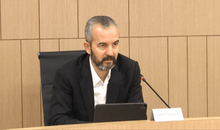
11 maji/ KQZ vulos rezultatin, u jep mandatin deputetëve për 4 qarqe të vendit
2025-06-25 16:00:32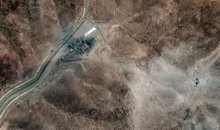
Iran: Nuclear facilities suffered severe damage from US airstrike
2025-06-25 15:49:38
Hostage taking in Tirana, 40-year-old man forcibly taken into car
2025-06-25 15:35:51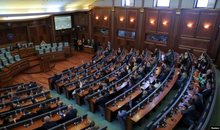
Kosovo/ The constitution of the Assembly fails for the 37th time
2025-06-25 15:24:28
Car catches fire in Tirana
2025-06-25 15:06:53
5 super healthy foods you should add to your diet
2025-06-25 14:57:48
TikTok returns to Albania, one-year ban quietly lifted after three months
2025-06-25 14:49:14


Gunfight at the Institute, 7 people involved, one of them arrested
2025-06-25 14:21:10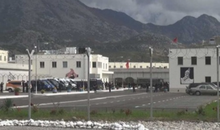
Convict dies in Lezha prison
2025-06-25 14:08:16

ACE Closes Filma24, the Movie Piracy Giant in Albania
2025-06-25 13:44:37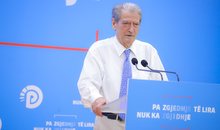
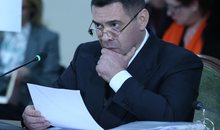
SPAK postpones the investigation against Ahmetaj for the fourth time
2025-06-25 13:12:42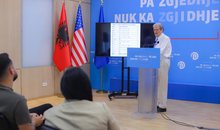

Communication services in Albania cost more than the EU average
2025-06-25 12:55:50
How to choose the right perfume scent according to your personality
2025-06-25 12:44:36




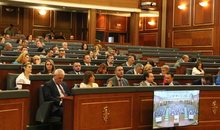
Today is the 37th attempt to constitute the Assembly.
2025-06-25 11:34:23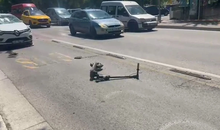
Accident in Tirana, taxi hits two children with a wheelchair
2025-06-25 11:19:05
Some reasons why gossip isn't as toxic as you think
2025-06-25 11:07:51

Selling dope in nightclubs, 33-year-old arrested in Tirana
2025-06-25 10:45:25
The Supreme Court rejects the appeal of Jamarbër Malltez
2025-06-25 10:26:58
The warned cyberattack on Tirana Municipality brings back security concerns
2025-06-25 10:19:43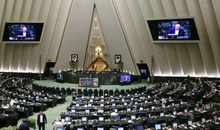
Iranian parliament votes to suspend cooperation with UN nuclear watchdog
2025-06-25 10:03:02
Bosnian fraudster arrested, wanted in Germany
2025-06-25 09:53:10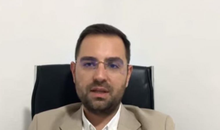
May 11/ Nuri: The vote 'died' before it was cast in the box
2025-06-25 09:42:02
Men with big bellies are at risk of suffering from this problem
2025-06-25 09:37:26
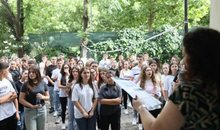
Today, around 28,000 9th grade students are taking the math exam.
2025-06-25 09:19:14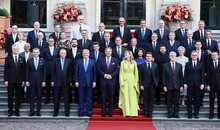
NATO arms itself against potential threats from Russia
2025-06-25 09:03:09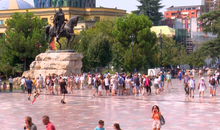
Tourists don't come, Albanians leave!
2025-06-25 08:59:08
TNT explosion in Vlora
2025-06-25 08:38:41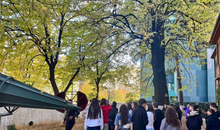
Tourism/ Kosovo "flees" after visa waiver, Poles and Spaniards "get upset"
2025-06-25 08:22:43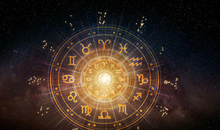
Horoscope, what do the stars have in store for you today?
2025-06-25 08:09:54
Ditë me diell, parashikimi i motit, si do të ndryshojnë temperaturat
2025-06-25 07:59:33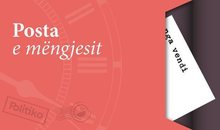
Morning Post/ In 2 lines: What mattered yesterday in Albania
2025-06-25 07:45:27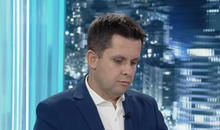

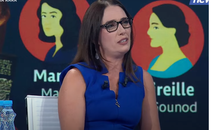
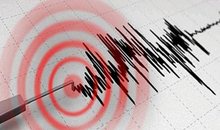
Earthquake tremors felt again in Tirana
2025-06-24 22:11:53

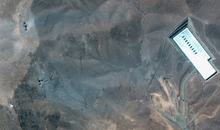
US intelligence: Attacks on Iran did not destroy nuclear plants
2025-06-24 21:30:31
Accident on the Fier-Cekan axis, 3 injured
2025-06-24 21:16:32

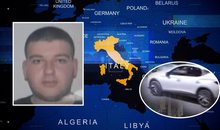
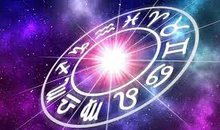
Cancer season, what is expected to happen for each zodiac sign
2025-06-24 20:15:54

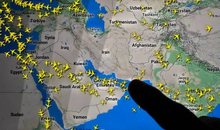
After ceasefire, Iranian airspace partially reopens to international flights
2025-06-24 19:47:10
Oil prices fall after Israel-Iran ceasefire reached
2025-06-24 19:26:52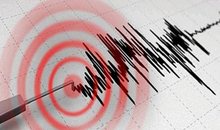
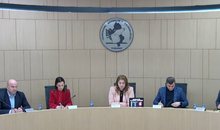

Will Iran participate in the 2026 World Cup being held in the USA?
2025-06-24 18:46:36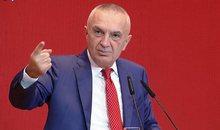
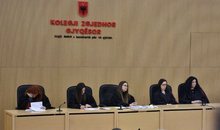

BIRN: Veliaj hires British law firm for defense! Huge sum revealed
2025-06-24 18:20:16
